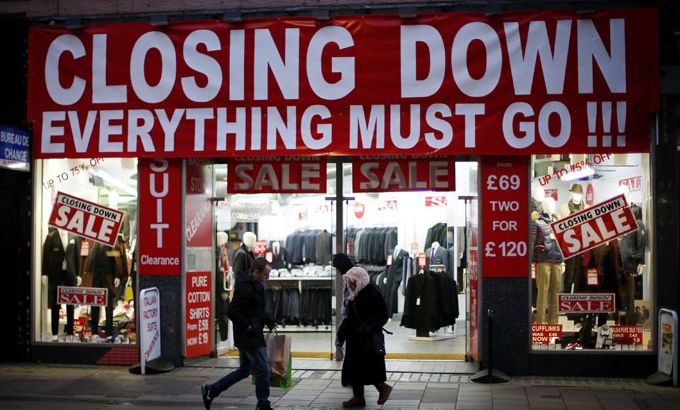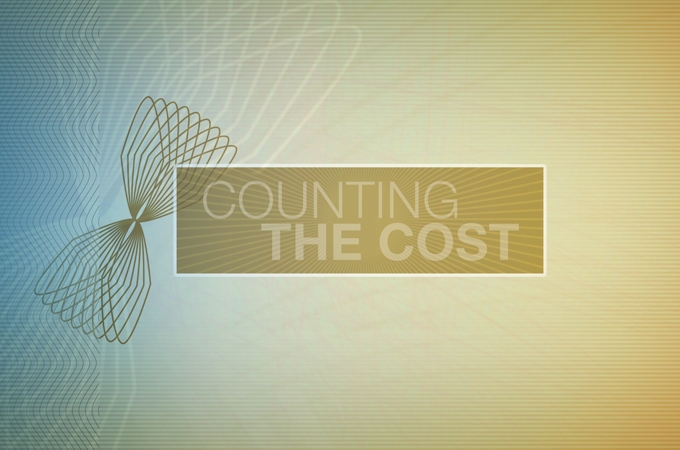
2012: A financial retrospective
The year has seen new faces take on some old problems, but what has been achieved and does 2013 look any brighter?
The more things change, the more they stay the same – or so the saying goes. And that is the story of 2012. New faces and new attempts at tackling the world’s economic problems – but still the same old malaise.
Last year, we talked about 2011 being the year that was not supposed to be; the year where all the talk of growth and recovery was replaced by the exact opposite. And things have not improved in 2012, particularly in the eurozone, but also in the US with its ‘fiscal cliff’ and China with its slowdown.
Keep reading
list of 4 items‘We need you’: Solomon Islands’ support for US agency’s return revealed
Why are nations racing to buy weapons?
Parallel economy: How Russia is defying the West’s boycott
An economic world trip
To start the show, we take a quick economic trip around the world and find that unemployment is still high, growth still weak and recession still lurking.
It has been a bumpy old ride for the world’s economies and nowhere more so than in Europe.
The European Union and the International Monetary Fund (IMF) finally reached a new deal to ease Greece’s crippling debt and release vital rescue loans but that meant little to the millions of Greeks suffering from nearly three years of budget cuts.
Spain also continued to struggle under the weight of its debt problems, but has so far held off seeking a major bailout from the eurozone.
Elsewhere in Europe, it was a year which saw a hugely successful Olympic Games bump the UK out of recession, for now at least. But not long after that came an admission from the British government that the recovery of Europe’s second-largest economy is taking longer than originally hoped.
New financial players
It has also been a year of new faces among some of the big players.
France said goodbye to Nicolas Sarkozy and his austerity measures and elected the more stimulus-minded Francois Hollande – the first socialist president in 17 years.
Antonis Samaras took the helm in cash-strapped Greece. And Xi Jinping became China’s new leader, presiding over an economy still ticking over nicely compared with much of the world, but which is nevertheless experiencing a slowdown that could have far-reaching consequences.
Japan joined the sick list, as Asia’s high-flier from a generation ago slipped back into recession.
They say that when the US sneezes, the rest of the world catches a cold. But it may not be time to call the doctor just yet. Americans are still feeling the pain from a lack of jobs, but the world’s biggest economy showed some signs of life in its long and slow recovery from the recent recession.
It was just enough to get Barack Obama re-elected for a second term as president. But the US economy’s future growth will depend on tough negotiations with Republicans over the US budget and efforts to avoid the so-called ‘fiscal cliff’ – a stinging package of automatic tax increases and spending cuts.
In the last episode of Counting the Cost of 2012, we speak to three leading economic and business minds from around the world as they review the year:
Rajiv Biswas, the Asia chief economist at global market information and analytics company IHS and author of Future Asia; Razia Khan, the head of research on Africa at Standard Chartered; and Hans Vestberg, the CEO of Swedish telecommunications giant Ericsson, dissect the failings of the year and discuss whether 2013 will be any better.
Watch each week at the following times GMT: Friday: 2230; Saturday: 0930; Sunday: 0330; Monday: 1630. Click here for more Counting the Cost. Follow Kamahl Santamaria @KamahlAJE and business editor Abid Ali @abidoliverali |
